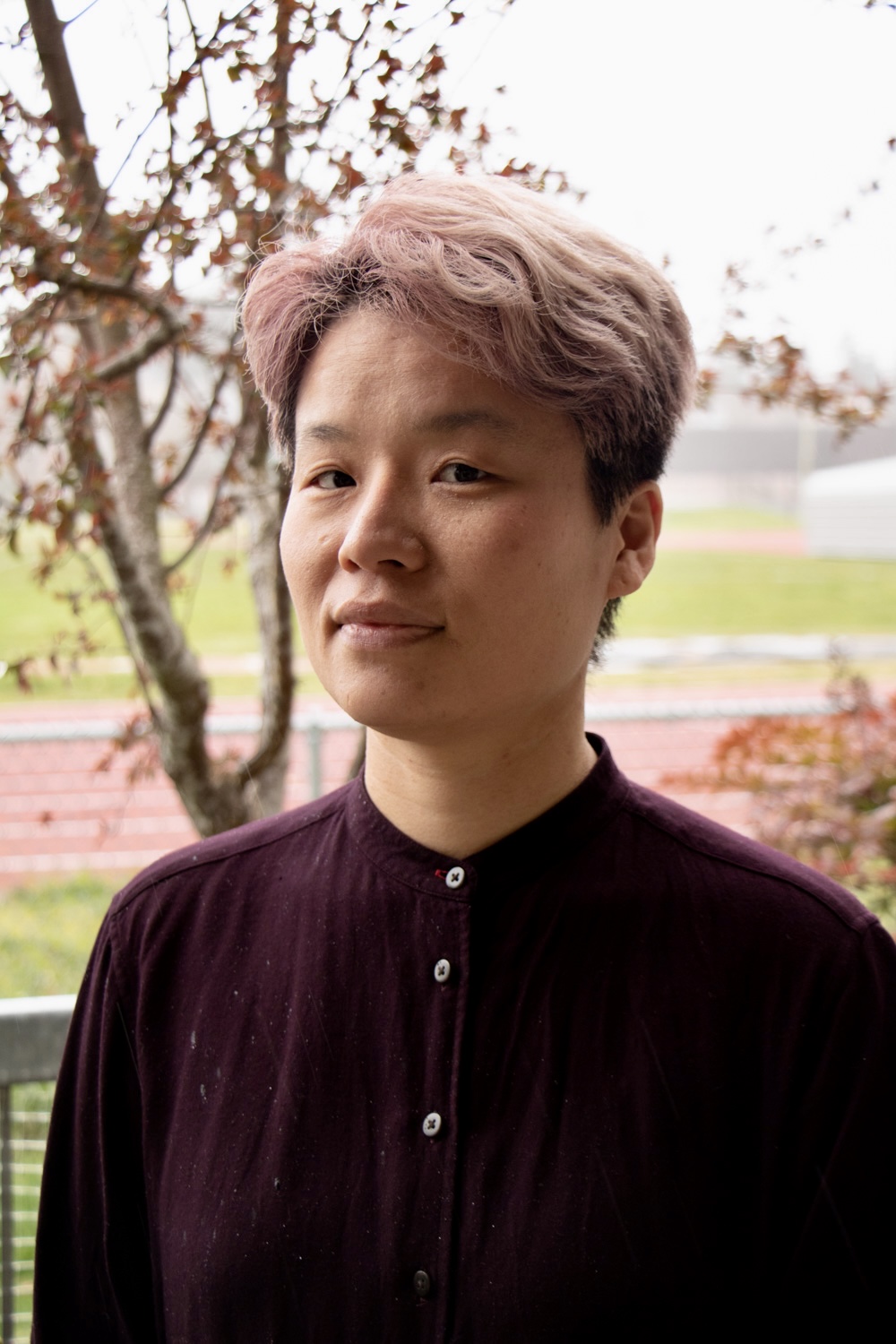2024 Student Paper Competition Winning Abstracts
Congratulations to the student paper competition winners and honorable mentions! The student paper competitions awards are proudly sponsored by the Divisions.
CONFLICT SOCIAL ACTION AND CHANGE DIVISION
Winning Title: “Overcoming a Protest-phobic Culture through Cultural Countermeasures: The Flower Demo Movement against Sexual Violence in Japan”
Author: Kanoko Kamata
Affiliation: University of Pittsburgh
E-mail: kak375@pitt.edu
Abstract: Information not provided.
CRIME AND JUSTICE DIVISION
Winning Title: “Anti-Black and Blue: Neighborhood Identity and Local Racial Ideologies in Chicago’s Police Enclaves"
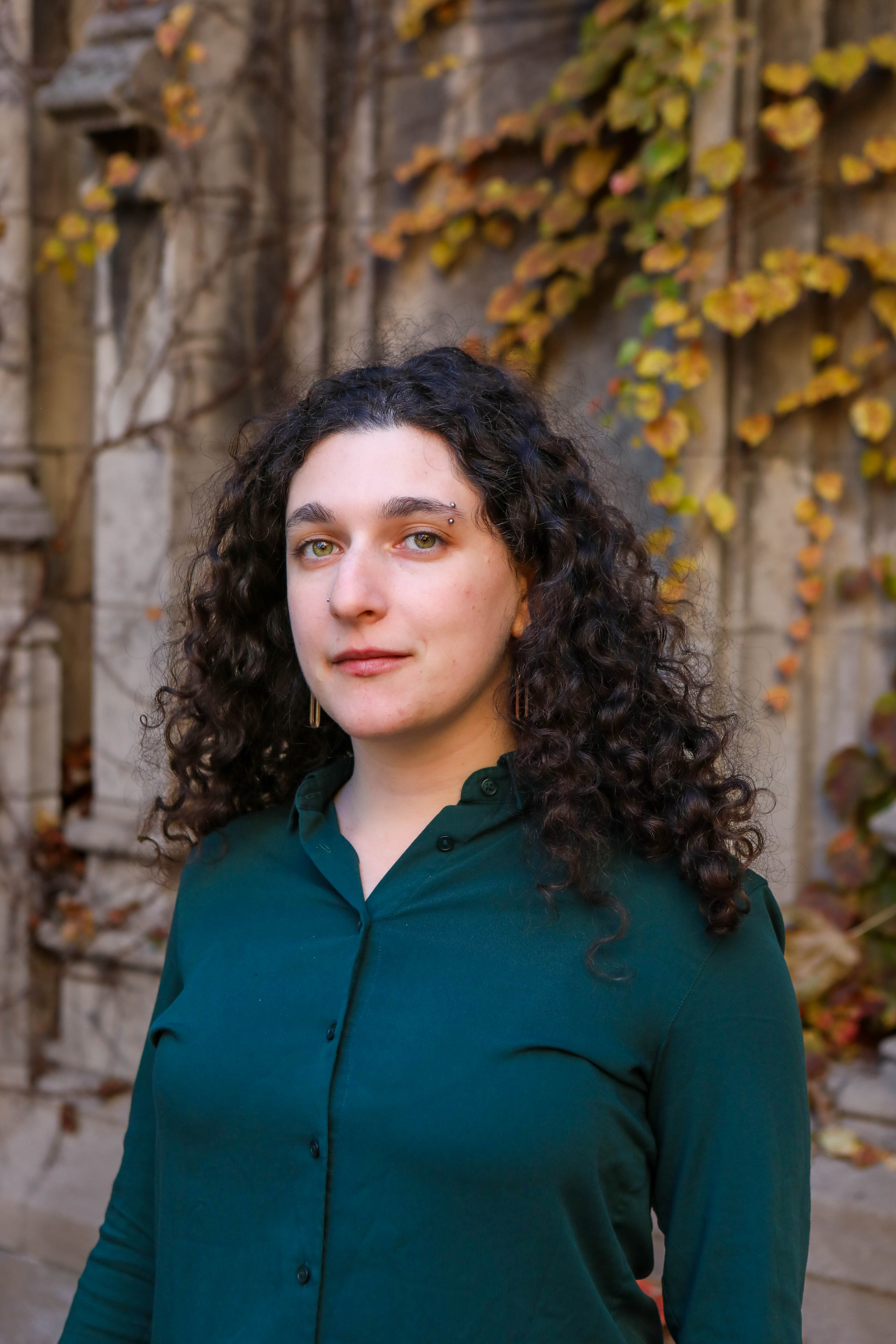 |
Author: Anna D. Fox
Affiliation: The University of Chicago
E-mail: annafox@uchicago.edu
Abstract: Advocates of police reform portray municipal residency requirements as a countermeasure to racialized police violence, as they force police officers to live among those whom they ostensibly serve. Yet opponents point to Chicago, the largest city in the United States to enforce this policy, suggesting that police-dense neighborhoods in fact facilitate increased racial tension in this context. This mixed-methods study explores how novel, anti-Black racial ideologies emerge in Chicago’s police neighborhoods. Using geospatial data, I first empirically establish the existence and prevalence of police enclaves, which have almost no Black residents. Then, using in-depth interviews with members of 60 police households, I illustrate these neighborhoods’ role in generating a neighborhood-level, expansive police identity. This identity shapes a local racial order, where all neighborhood residents are perceived as susceptible to anti-police violence, while all Black Chicagoans are cast as existential threats, justifying neighborhood practices of anti-Black racism and informal forms of policing.
CRITICAL RACE AND ETHNIC STUDY DIVISION
Winning Title: “Broken Bond or Resilient Threads: Understanding Social Cohesion in Black American Streets”
 |
Author: Abass Muhammed
Affiliation: University of Delaware
E-mail: mabass@udel.edu
Abstract: At the crux of criminological research are street-identified Black American communities, often portrayed as lacking in social capital, social cohesion, resilience, and efficacious actions needed to address crime. Using interview data from the Wilmington Street PAR Health Project, this study investigates the community life of street-identified Black Americans in the Northside and Westside sections of Wilmington, Delaware. Three salient interconnected themes emerged from this study: (1) street life, (2) structural inequality, and (3) social cohesion. Taken together, I found that street life is a resilient adaptation to structural inequality in low-income Black American communities. Despite the structural challenges faced, and in contrast to their common portrayal, street-identified residents exhibit a desire and concerted effort towards community cohesion. I conclude that street life and efforts toward a more socially cohesive community are not mutually exclusive in low-income Black American communities. While street-identified individuals engage in criminal activities for survival, they also desire and make conscious efforts towards strengthening community bonds and achieving a cohesive society.
EDUCATIONAL PROBLEMS DIVISION
Winning Title: “A Moral Dilemma of ‘Selling Out’: Race, Class, and Career Considerations among Elite College Students”
 |
Author: Joyce Kim
Affiliation: University of Pennsylvania
E-mail: joycek@sas.upenn.edu
Abstract: Existing research on occupational choice emphasizes cognitive processes of individualized work values and tends to focus on economic outcomes. Based on 62 in-depth interviews with Asian, Black, and White first-generation, low-income (FGLI), and middle-class students at an elite university, I argue that students’ career decisions comprise a moral dimension that varies based on the intersection of their racial and class backgrounds. Specifically, patterns broadly align with two categories: 1) limitable objections, or the varying levels of objection to certain high-prestige, high-paying careers based on inspired preferences or civicjustifications, and 2) linked obligations to broader communities, such as ethnoracial groups or families. Paradoxically, some students use these evaluative logics to justify “selling out” in pursuit of these elite jobs, whereas others use these logics to reject them. While students across all racial and class backgrounds raised limitable objections, FGLI students and students of color tended to voice more linked obligations. Furthermore, Asian and Black FGLI students more often cited linked obligations in their career choices compared to their White FGLI counterparts. Considerations of these objections and obligations reflected heightened compromises based on different justifications of worth. This study contributes to understanding the cultural processes behind social inequalities.
Honorable Mention Title: “‘If I’m Going to be an Ally, I Have to Walk the Walk’: Negotiating Occupational Activism within K-12 Educational Contexts”
 |
Author: Jessica L. Schachle-Gordon
Affiliation: Oklahoma State University
E-mail: jessica.schachle@okstate.edu
Abstract: Conservative lawmakers are increasingly passing legislation that would ban the teaching of race, gender, and sexuality within K-12 schools. Because these bills impact both teachers and students, it is important to understand how teachers perceive, and potentially resist, these bills. Building on prior conceptualizations of occupational activism, the author develops a typology to examine how some K-12 teachers may exercise their activist identities and continue to teach about race, gender, and sexuality. In interviews with 45 Oklahoma K-12 public school teachers, the author finds that teacher identity and student demographics are reasons why teachers continue to teach about these topics. Importantly, some respondents believed that teaching was synonymous with activism. This finding supports the need to expand on occupational activism to understand how workers, particularly educators, continue to exercise their activist identities in the wake of challenging social and political contexts.
ENVIRONMENT AND TECHNOLOGY DIVISION
Winning Title: “Environmental Risk and the Reorganization of Urban Inequality in the Late 19th and Early 20th Century”
 |
Author: Jonathan Tollefson
Affiliation: Brown University
E-mail: jonathan_tollefson@brown.edu
Abstract: This research investigates the role of urban environmental hazards during the initial formation of neighborhood-scale racial segregation in the late 19th and early 20th centuries. Neighborhood-scale segregation is a relatively recent feature of U.S. cities: Racial segregation was primarily a street-level phenomenon in the late 1800s, and it wasn’t until the first decades of the 20th century that the color line grew to encompass entire neighborhoods. Research on urban environmental inequality, however, is left-censored to about the 1970's, primarily due to a lack of comprehensive environmental site data prior to federal environmental monitoring requirements. In response, this paper leverages an original computational pipeline to identify and geolocate sites related to a particularly noxious source of early industrial pollution. These sites are paired with geolocated historic census data to measure the social stratification of environmental exposure in six US cities over the 1880 to 1930 period. Results reveal that proximity to environmental hazards emerges as a key variable in the reorganization of urban space, as the iterative movement of people and industry across the city produced new patterns of environmental exposure over time - providing the first empirical assessment of the shifting social stratification of environmental risk during this key moment in the spatial transformation of urban inequality.
FAMILY DIVISION
Winning Title: “Quotidian Homonationalism: Green Card Adjudication, Immigration Law, and Liberal Inclusion of Same-sex Binational Marriages”
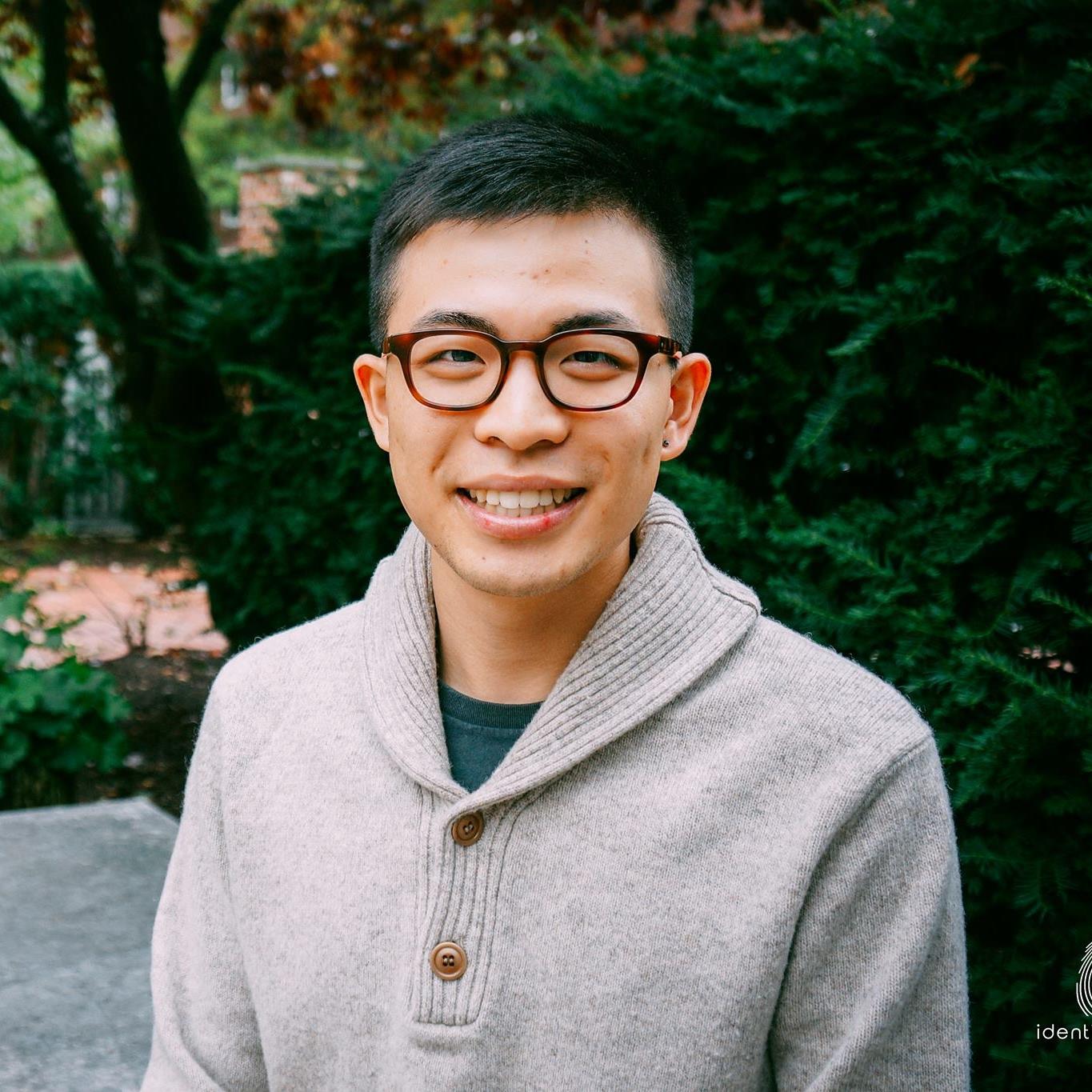 |
Author: Juhwan Seo
Affiliation: Cornell University
E-mail: js2583@cornell.edu
Abstract: U.S. immigration law’s preference for family reunification is motivated by a normative vision of who belongs in the nation and what the nation stands for, which in turn shapes the family practices of immigrants seeking legal recognition from the state. This article explores how immigrants and same-sex couples adjust their quotidian practices to make themselves legible to the bureaucratic state. These changes in everyday life, I reveal, reflect nationalist discourses of liberal inclusion. Using 44 in-depth interviews with members of same-sex binational couples petitioning for a marriage-based green card, I argue the couples’ behavioral changes represent more than performative modifications; they are enactments of nationalist projects legitimized by queer inclusion. Respondents recount three quotidian practices informed by what I call homonational family ideation: 1) embodying “good moral character” through monogamy; 2) establishing a private household with cohabitation and joint finances; and 3) integrating into the American family via kin relations. The nuclear family is not simply the central unit of the private sphere. It is also a site to produce normative subjects whose quotidian practices align with national values. These findings suggest that seemingly inconsequential processes like bureaucratic adjudication can serve as critical linkages between quotidian practices and political projects.
Honorable Mention Title: “Estimating the Effects of Additional Placements on Internalizing Symptoms Using Quasi-Experimental Design”
 |
Author: Rin Ferraro
Affiliation: The University of Oklahoma
E-mail: ferraro@ou.edu
Abstract: Instability can adversely affect a host of child well-being domains, including exacerbating behavioral concerns. This effect can become more salient among children who have been involved in child welfare investigations and removed from their homes. Most of these children experience instability in out-of-home placements, which can worsen behavioral problems, but behavioral problems can also be a reason for placement change. Many children experience placement changes in part due to a request from their caregiver, many requests citing behavioral issues as a reason. Placement changes can disrupt children’s routines and living situations, and this instability and uncertainty can increase their risk of developing internalizing behaviors. In this analysis, I explore this relationship using propensity score-adjusted regressions to examine the effect of experiencing additional placements on changes in internalizing symptoms. I match a sample of children who meet the clinical threshold for internalizing symptoms with their peers who do not in an out-of-home sample of a nationally representative sample of CPS cases. I discuss the findings and implications.
Honorable Mention Title: “Yes, Dear; Yes, Queer: Division of Household Labor among Queer Couples”
 |
Author: Ami Mariko Hood Frost
Affiliation: The University of Oklahoma
E-mail: afrost@ou.edu
Abstract: Although sociological research on housework has long been a fruitful area of study, how LGBTQ couples divide housework remains a distinctly understudied topic. Using data from the National Couples Health and Time Study, this study examines over 1,000 LGBTQ individuals’ perceptions of the division of household labor with their partners. When compared to heterosexual couples, those in queer relationships tend to report similar levels of satisfaction with the division of household labor. Alternatively, limiting the sample to only queer couples shows that two couple types (cisgender men partnered with non-binary individuals, and cisgender women partnered with trans men) report significantly lower satisfaction with the division of labor in their homes. Using a framework of intentional striving, these results indicate that negotiating the ordinary tasks of life requires more than simply desiring equality.
GENDER DIVISION
Winning Title: “State Predation? How the Carceral Care Economy Harms Black and Latine Women”
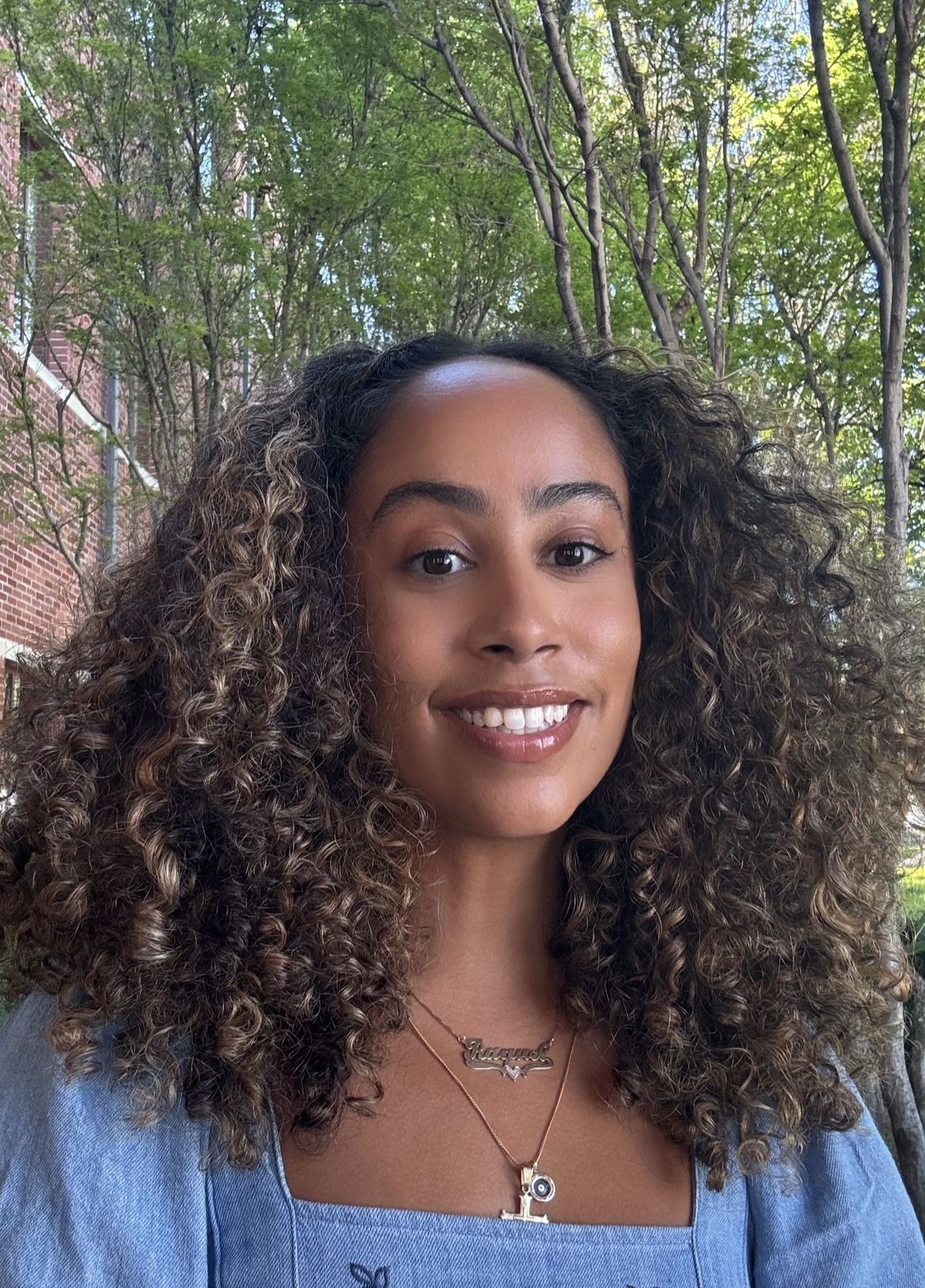 |
Author: Raquel Guzman Delerme
Affiliation: University of Southern California
E-mail: delerme@usc.edu
Abstract: While literature on mass incarceration has primarily focused on incarcerated men, their children, and romantic partners, this paper builds on a smaller body of work that highlights the harms to mothers under the constraints of the neoliberal carceral state. In this study, I examine how mothers with incarcerated adult children have been conscripted to perform extractive caring labor. Drawing on data from 23 in-depth interviews, I find that mothers often travel long and costly distances, drain their savings, and work multiple jobs to ensure the survival of their incarcerated children. I argue that the cumulative impact of financialized policies and time-draining bureaucracy results in the extraction of precious time and money from working-class Black and Latine women on the outside. I introduce the term carceral care economy to conceptualize the neoliberal commodification of incarceration and the labor imperative it creates for mothers with children who are imprisoned.
Honorable Mention Title: “The Lived Experiences of Beauty and Grammars of the Maricada in the Colombian Insular Caribbean”
 |
Author: Ange La Furcia
Affiliation: Centre of Latin American Studies, University of Cambridge
E-mail: al995@cam.ac.uk
Abstract: This paper explores transgender women's experiences of beauty in everyday life and at work on the island of San Andrés in Colombia. It focuses on their pursuit of respect, individuality, and dignity in the context of beauty pageants and salons, considering the impact of colonial legacies, multiculturalism, and insularity. Through in-depth interviews and ethnographic research, the study examines the challenges faced by transwomen, such as heteronormativity, economic survival, respectability, and racism. Since there is a lack of studies on transgender life experiences and beauty in the region, the paper contributes to Caribbean research at the intersection of ethno-racial backgrounds, gender, and sexuality. It introduces the concept of grammars of maricada to illustrate the creative and singular strategies employed by transwomen to assert their presence and agentive journeys in their community.
Keywords: beauty, transwomen, individuation, Colombian Insular Caribbean, communal bond.
GLOBAL DIVISION
Winning Title: “Critical Phenomenology of Citizenship and Protest Spaces: Online Anti-immigration Movement Discourse in India”
 |
Author: Chetna Khandewal
Affiliation: University of Calgary
E-mail: chetna.khandelwal@ucalgary.ca
Abstract: Since 2014, several democratic states across the world have descended into crisis under Far Right populist leadership, many of which specifically target immigrants to forward their ethnonationalist, casteist, religio-political, and masculinist agendas. Networked (online and on-ground) anti-immigration movements have been bolstered by state-sanctioned crackdowns on immigrants in the form of policy, police brutality, and national discourse. Focusing on the latter, this study entails a qualitative content analysis (QCA) and critical discourse analysis (CDA) of Twitter (now X) narratives constructed by the online component of an Indian anti-immigration movement (Pro-CAA/NRC). To situate movement discourse within its socio-political context, this paper begins with historicising the Indian citizenship and collective protest landscapes. The historicisation revealed a need for appraising anti-immigration tweets in terms of their discursive contentions as well as their phenomenological implications. With an overarching Southern theoretical orientation that draws upon Ahmed’s critical phenomenology, the findings suggest that since its inception, the Indian citizenship space has been dominantly shaped by its proximity to the bodies of legitimised citizens (upper-caste hindus), which is reified by anti-immigration movement discourse online. Given that the Pro-CAA/NRC movement stands in support of policies with the potential of stripping Indian Muslim citizens of their legal status in the country, its implications extend beyond immigration rhetoric, to reify definitions of whose bodies are oriented towards citizenship. Crucially, this study shows that the movement narratives actively delegitimising marginalised women’s collective embodied protest are then also contouring Indian collective protest landscapes as ones that exclusively orientate masculine hindu bodies. While critical phenomenology conventionally encourages analysis of experiences of marginalised bodies in dominant spaces, here I place emphasis on how the becoming of spaces as disorienting for marginalised bodies can be further elucidated by appraising discursive actions.
HEALTH, HEALTH POLICY, AND HEALTH SERVICES DIVISION
Winning Title: “Beyond Motherhood: Exploring the Unmet Sexual and Reproductive Healthcare Needs in the Medicaid Landscape”
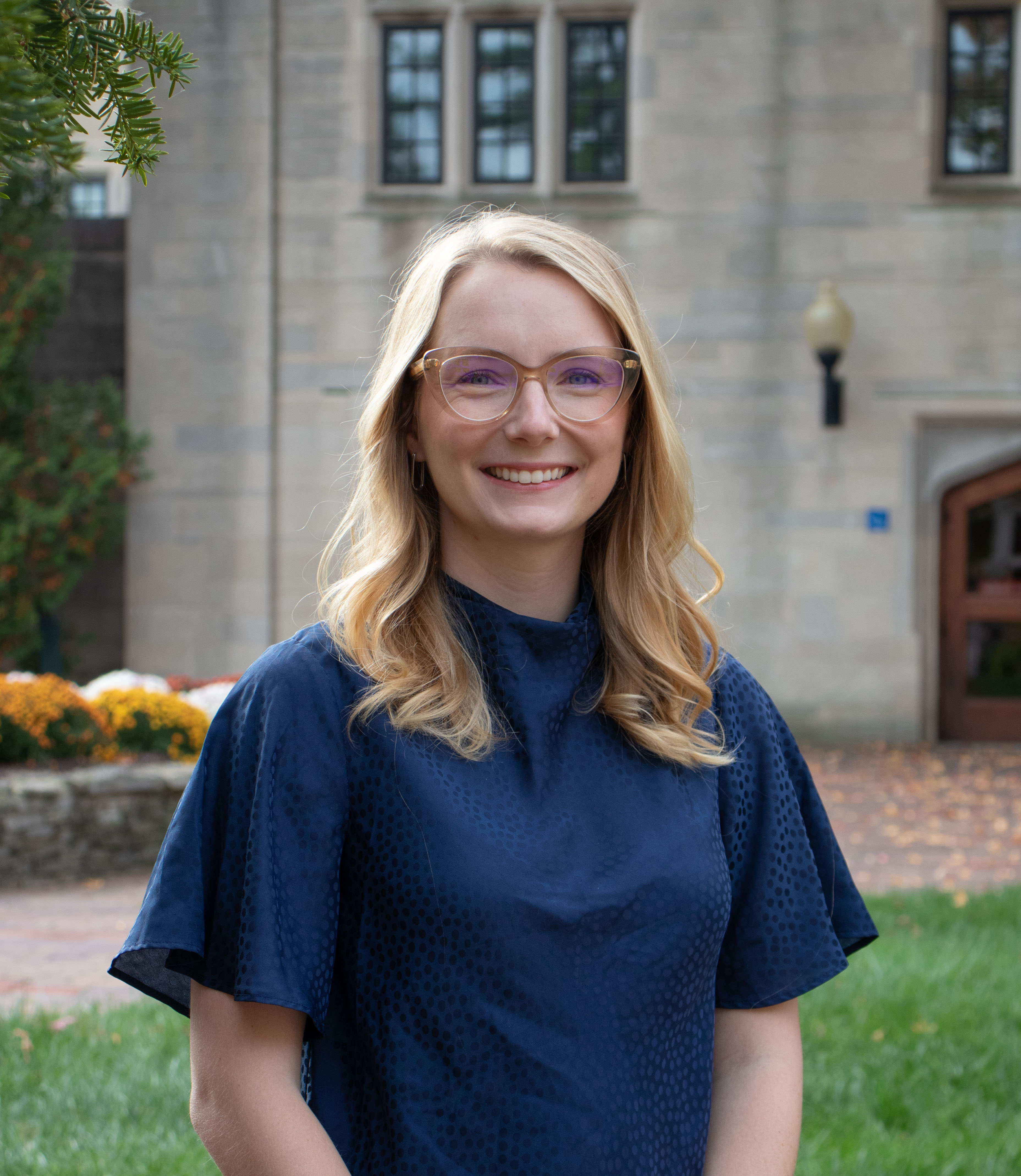 |
Author: Elizabeth M. Anderson
Affiliation: Indiana University Bloomington
E-mail: anderelm@iu.edu
Abstract: Ideas about gender and motherhood shaped the development of and the current state of social welfare programs in the United States. Women are more likely to be enrolled in needs-based social welfare programs. Even so, scholars have argued that children, rather than women, are the targets of social welfare programs, with women serving as “conduits” for aiding children. Given that many social welfare programs are designed with the aim of improving the lives of children in need vis-à-vis their biological mother, the question of whether women’s lived experiences in social welfare programs reflects a safety net that benefits women beyond their role as a mother remains. I use the case of women in Indiana with a history of being enrolled in Medicaid or uninsured to investigate this question. Drawing upon 28 in-depth interviews, I discuss the experiences of four groups of women: (1) those who have never experienced biological motherhood, (2) those who experience biological motherhood and do not reap long term benefits of Medicaid, (3) those who experience biological motherhood and engage in Medicaid over time, and (4) those whose experiences illustrate the potential unintended consequences of tying Medicaid to motherhood. Results reveal severe limitations in Medicaid’s ability to improve women’s lives beyond pregnancy. By pairing Medicaid access with biological motherhood, the social safety net fails to benefit women holistically. This perpetuates inequality as lower income women, who are disproportionately likely to be racial or ethnic minorities, experience unnecessary suffering and unmet need for healthcare. Although Medicaid largely accomplishes its goal of improving access to prenatal care, women’s needs as a person outside of the role of mother are largely left behind.
INSTITUTIONAL ETHNOGRAPHY DIVISION
Winning Title: “Using Archival Materials to Conduct an Institutional Ethnography of Prison: Analytic and Methodological Observations”
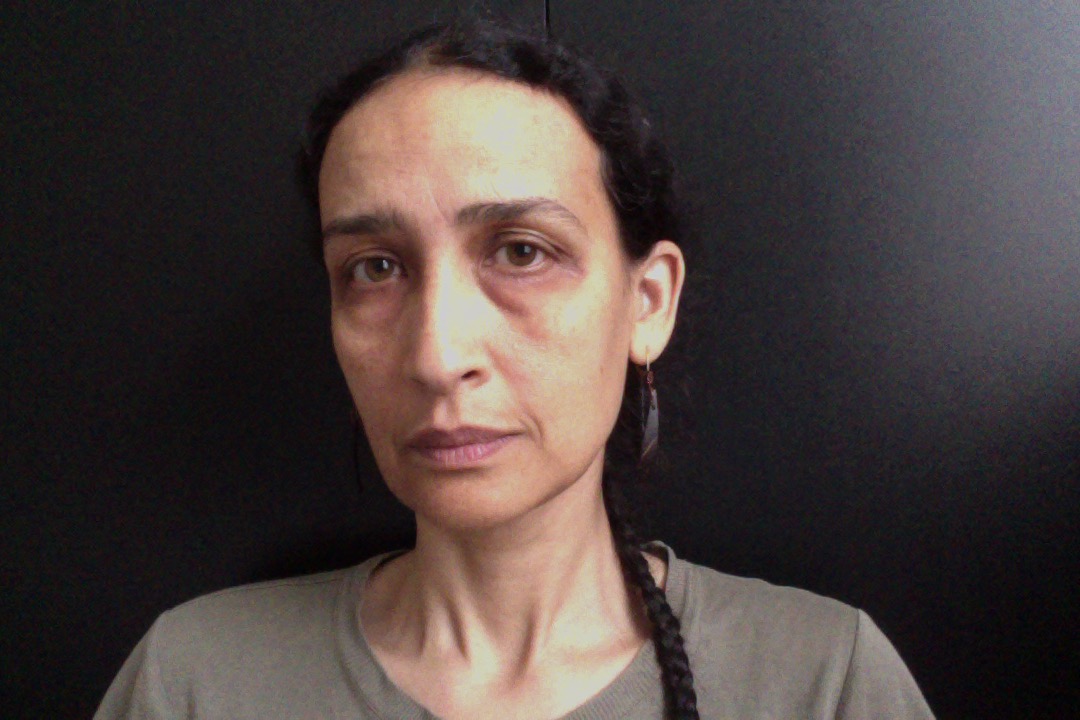 |
Author: Helen Hudson
Affiliation: University of Ottawa
E-mail: hhuds099@uottawa.ca
Abstract: Institutional Ethnography (IE) is well-suited for illuminating the workings of the prison system, given the latter’s heavy reliance on policy, regulations, and other texts to tightly regulate all aspects of prisoners’ lives. However, there is little IE scholarship of the prison specifically, although it is becoming more commonplace in socio-legal studies more broadly. This paper discusses the use of the personal archive of a deceased prisoner in Canada, the artist and activist Peter Collins, to explicate the ruling relations that kept him in prison despite his work towards achieving freedom. A wide range of texts and work processes coalesce in the Case Management Team’s recommendation for or against parole, shown specifically through a report known as the ‘Assessment for Decision’. The discourses of actuarial risk, and of a prisoner showing antiauthority sentiment are combined with a series of text-work-text sequences to work the prisoner up as a suitable or unsuitable candidate for release from prison. Further, there is a disjuncture between the principle of gradual release and laws prescribing the deportation of non-citizens convicted of crimes. Methodological implications for the use of personal archives as a data source in IE, and in particular for their use in researching the prison, are discussed.
Keywords: Institutional Ethnography, prison, archival research, end of life
LABOR AND STUDIES DIVISION
Winning Title: “Automating the Automators: De/Up-skilling and Re/Off-shoring in Globalized Software Work”
 |
Author: Bhumika Chauhan
Affiliation: New York University
Email: bc2280@nyu.edu
Abstract: The new wave of automation generated fears of unemployment on one side and optimism about the return of offshored jobs to advanced economies on the other. I unpack the relationship between automation and offshoring by combining labor-process theory and skill-biased technological change framework with global value chain analysis. I offer a global labor process framework that is attentive to variations in how automation affects onshore and offshore work. Through in-depth interviews with Indian and US employees in a multinational software-services firm, the study demonstrates that automation, including AI, impacts the global workforce unevenly. The findings show that, while some automation increases workers’ skills, most reduces skill and displaces workers even in high-tech sectors. Moreover, while deskilling and displacing offshore workers is the predominant tendency, there are cases where automation upskills and displaces offshore workers, deskills onshore work and increases offshoring, and increases onshore workers’ productivity and induces reshoring.
LAW AND SOCIETY DIVISION
Winning Title: “Legitimating Strategies: Pretrial Risk Assessments and the Logics of Data-driven Judicial Discretion”
.jpg) |
Author: Sino Esthappan
Affiliation: Northwestern University
E-mail: sinoesthappan2026@u.northwestern.edu
Abstract: Risk assessment technologies are proliferating in institutions that make highly consequential decisions. These tools can ostensibly strengthen an organization’s legitimacy. But risk assessments are also laden with measurement errors that can undermine their legitimacy, as well as the legitimacy of the actors who use them. How do these conflicting legitimacy effects shape how official actors use data from risk assessments to inform highly consequential institutional decisions? To answer this question, I mobilize data from a qualitative study of data-driven pretrial release decision-making practices in four large US criminal courts. Using interviews and observations, I show how judges used risk scores to manage institutional contradictions that threatened to undermine their legitimacy. Judges selectively invoked risk scores in pretrial hearings to circumnavigate bureaucratic contradictions from high caseloads and limited resources, legal contradictions from protecting public safety and imposing least restrictive conditions, and political contradictions from abiding by the law and the public. I discuss the implications of these findings for both penal institutional change and the use of discretion in organizations in the era of data-driven decision-making.
Honorable Mention Title: “Stop and Sexual Assault?: How Terry Stops become Legally Authorized Sexual Violence”
 |
Author: Brandon Alston
Affiliation: The Ohio State University
E-mail: Alston.113@osu.edu
Abstract: Information not provided.
Honorable Mention Title: “Reconceptualizing Eviction: Examining the Violent Dynamics against Tenants”
 |
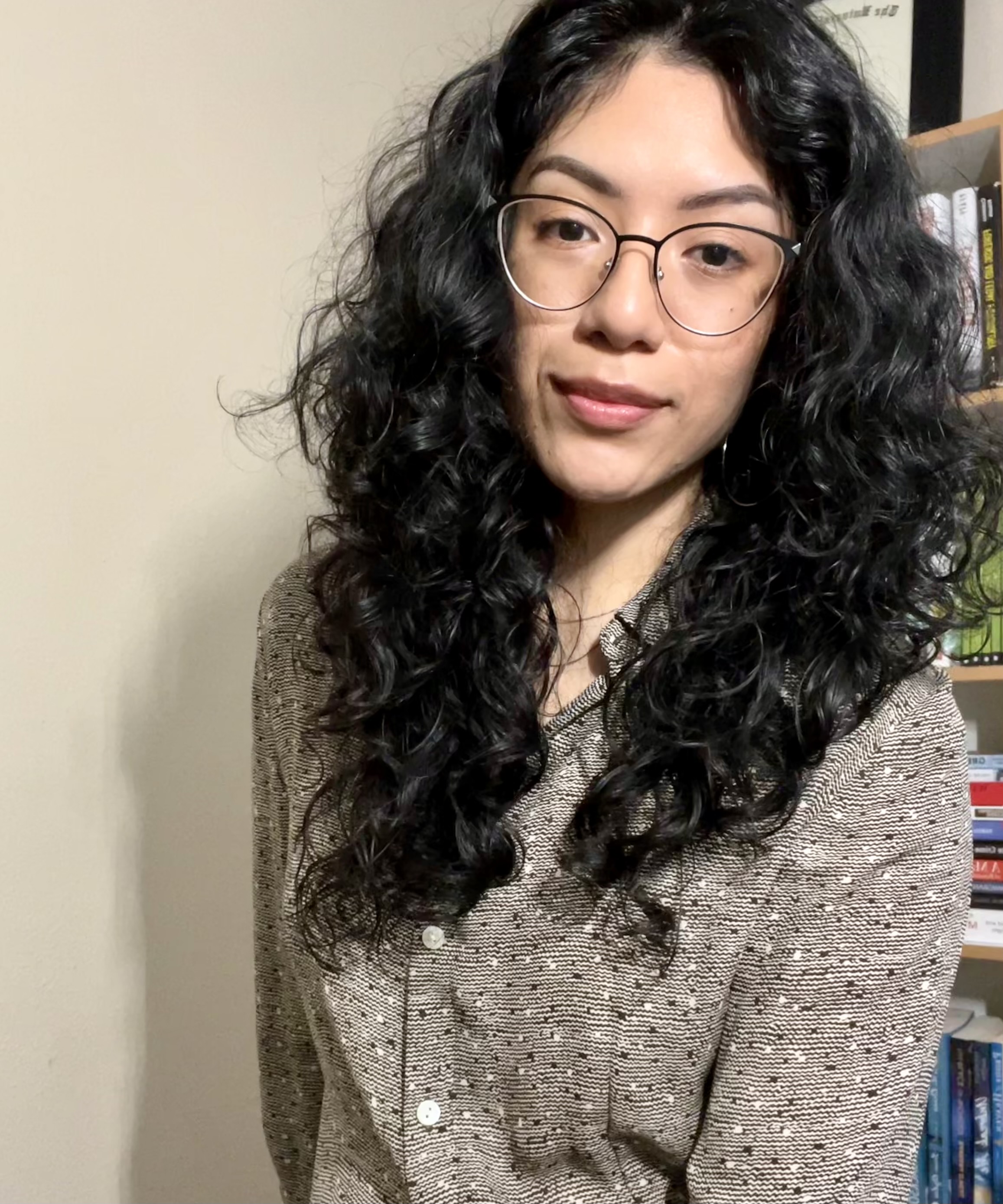 |
|
| Minji Cho | Natalie J. Cholula |
Co-Authors: Minji Cho and Natalie J. Cholula
Affiliation: Portland State University
E-mail: minji2@pdx.edu and ncholula@pdx.edu
Abstract: How does Galtung’s violence triangle apply to tenants’ experience with eviction? This paper situates eviction within Galtung’s Violence Triangle framework, which categorizes violence into three dimensions: direct, structural, and cultural. The researchers apply the three forms of violence to eviction to demonstrate how it harms tenants in and out of the courtroom. We conducted focus group discussions and court observations in Multnomah County, Oregon, to capture a comprehensive picture of the harm caused by eviction. Our research findings indicate that eviction laws and procedures directly harm tenants by silencing them in the courtroom and prioritizing plaintiffs. Structural and cultural violence also exists in the form of creating barriers to resources and knowledge that could prevent eviction, as well as reproducing beliefs that justify the landlord's power over tenant rights. We emphasize the importance of recognizing eviction as a violent process that occurs before tenants reach the courtroom and afterward, and highlighting the crucial role of legal counsel in protecting tenants from its damaging effects.


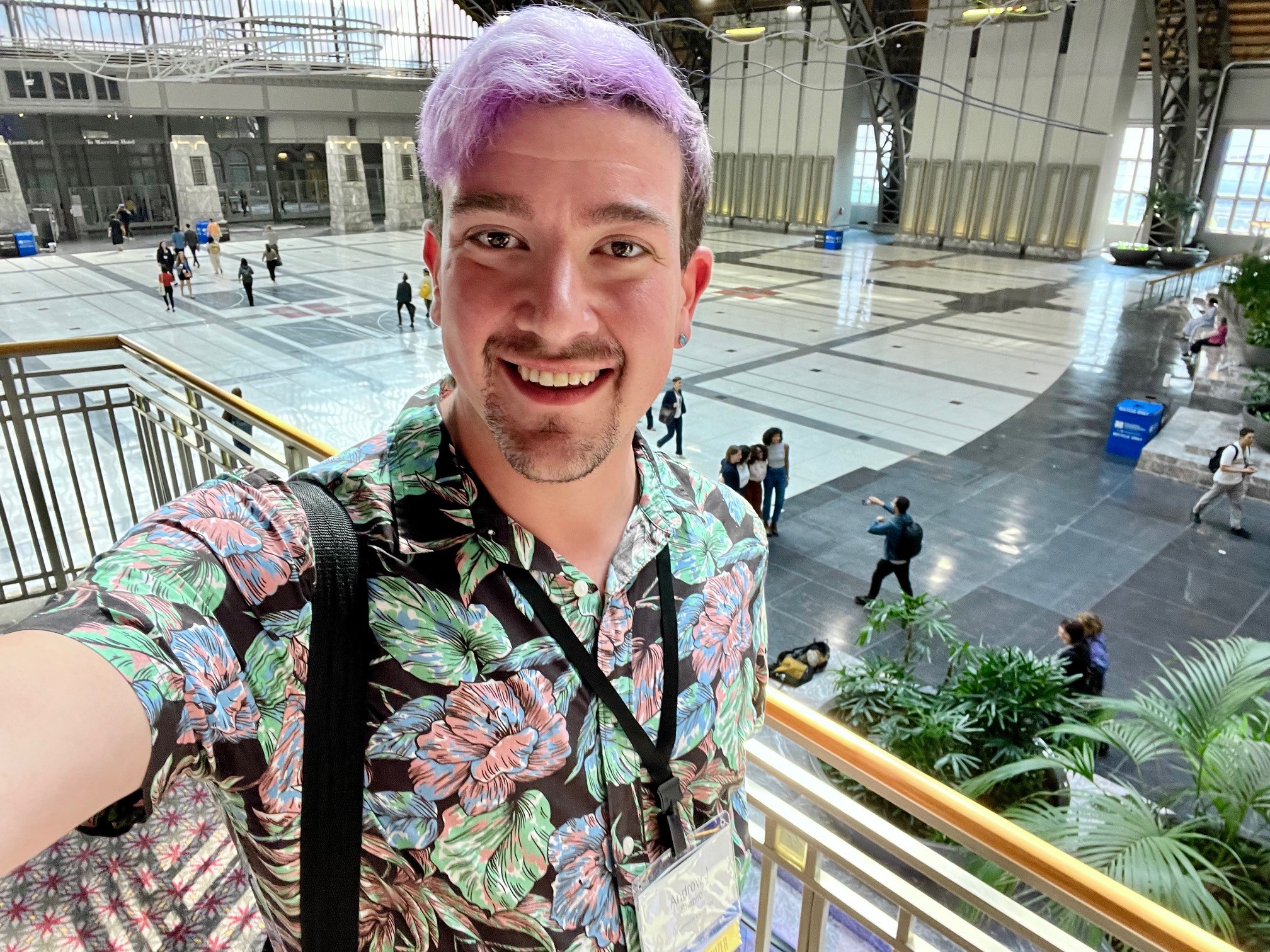

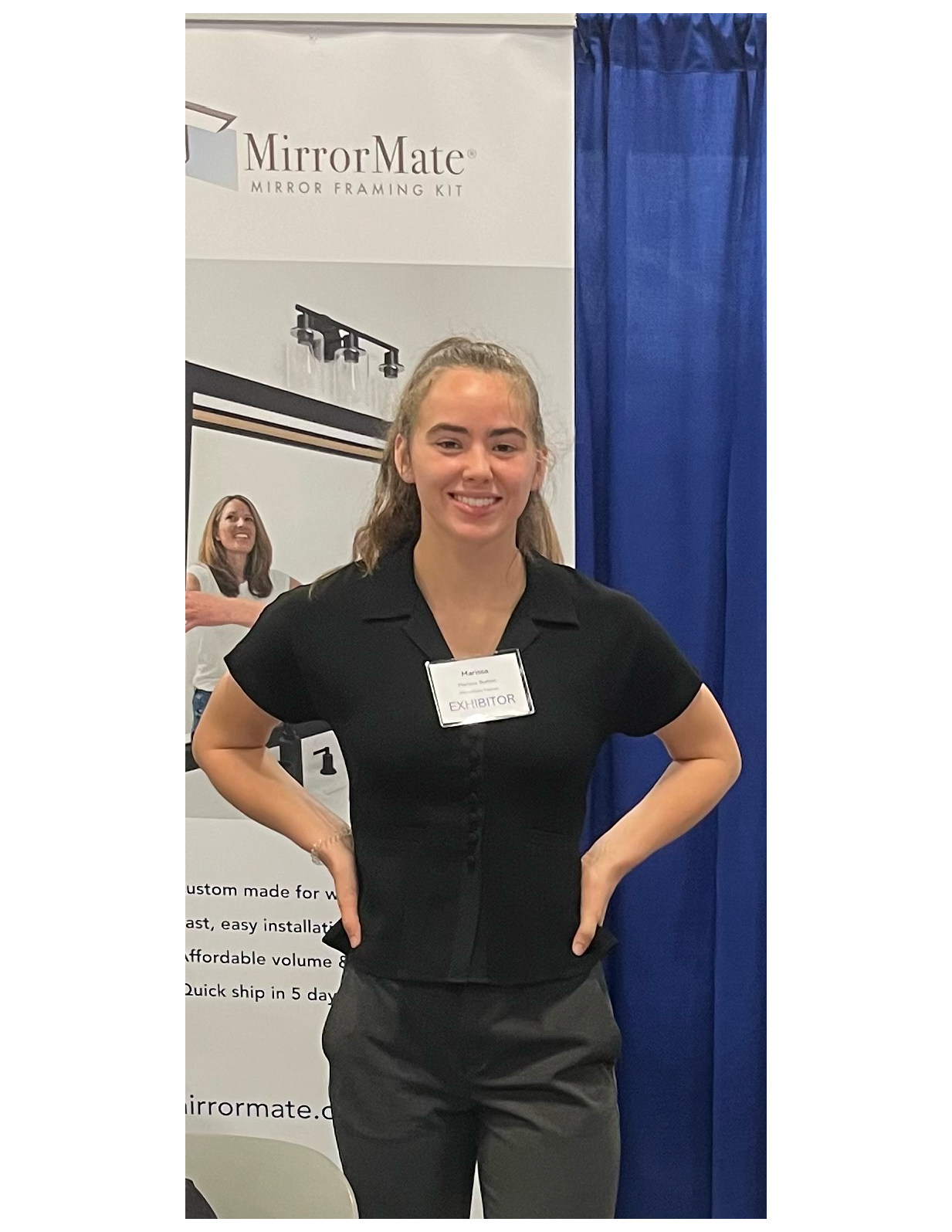
.png)


